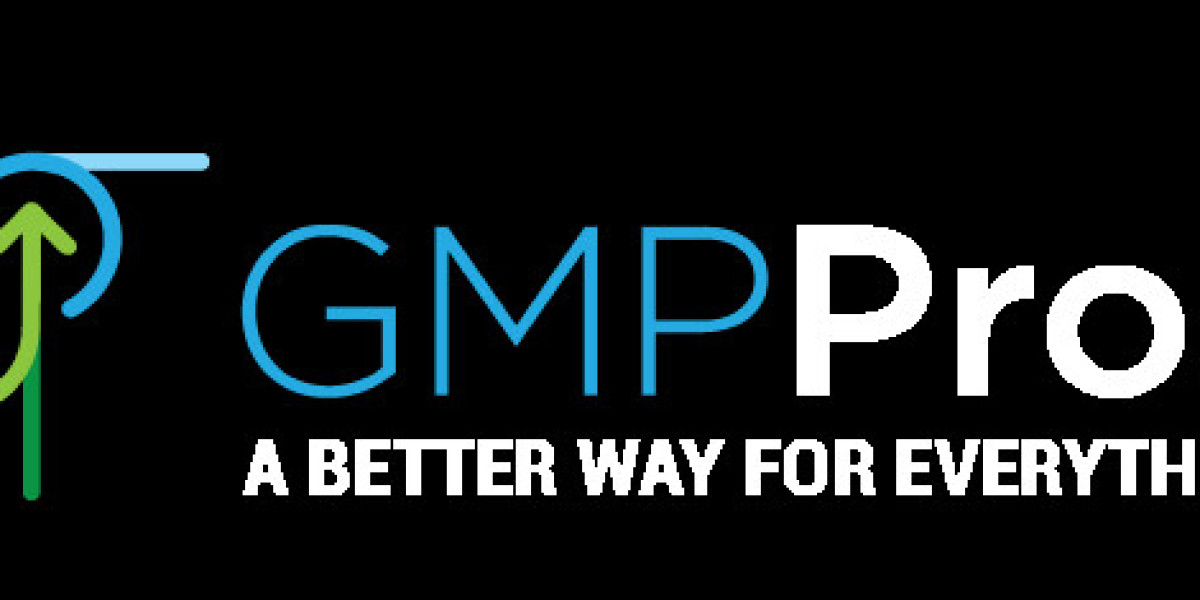In 2025, the pharmaceutical landscape is evolving at a pace that can overwhelm even the most seasoned teams. Remote work has changed how compliance is managed, while regulatory expectations are becoming more intricate. For leaders in pharma, biotech, or even startups that touch regulated supply chains, staying compliant isn’t just a box to tick — it’s the backbone of product integrity and public trust.
Pharma compliance consulting bridges the gap between daily operations and the complex regulatory environment. The right approach can save a company from costly setbacks and help teams operate with clarity and confidence.
Why Compliance is More Challenging Than Ever
The global pharmaceutical industry is under tighter scrutiny than in previous years. Regulatory bodies such as the FDA in the U.S. and the EMA in Europe have expanded their oversight into areas like data integrity, cybersecurity for clinical trials, and environmental impact in manufacturing.
For remote or hybrid teams, challenges multiply:
Communication gaps can lead to misinterpretation of compliance procedures.
Documentation may be stored inconsistently across multiple platforms.
Audit readiness can be harder to maintain without a central compliance culture.
For example, a mid-sized pharma company working on a vaccine candidate faced delays because its remote QA team used three different tracking systems for deviations. The inconsistencies caused an FDA audit finding that set back the project by six months. This could have been prevented with a unified compliance framework and expert guidance.
The Role of Pharma Compliance Consulting
Pharma compliance consultants aren’t there to “police” your processes — they serve as translators between regulations and your daily operations. They assess risk, streamline documentation, and ensure that every team member, whether in the lab or working from home, understands their compliance responsibilities.
GMP Pros, for instance, specializes in helping organizations meet Good Manufacturing Practice standards without overwhelming teams. They don’t just deliver a checklist; they work alongside staff to build systems that integrate seamlessly with existing workflows. Their consultants often train teams on-site or virtually, making compliance part of the company culture rather than a separate burden.
Learn more about GMP Pros here.
Key Strategies for 2025
Below are strategies every pharma leader should prioritize this year:
| Strategy | Why It Matters | Practical Tip |
|---|---|---|
| Centralize Documentation | Avoids confusion, ensures version control, and supports audit readiness. | Use a validated cloud-based system with strict access controls. |
| Embed Compliance in Onboarding | New hires quickly adopt the right habits. | Add compliance modules to initial training, tailored to job roles. |
| Remote-Friendly SOPs | Keeps hybrid teams aligned. | Include video walkthroughs of SOPs for clarity. |
| Risk-Based Auditing | Focuses resources where they matter most. | Conduct quarterly internal audits on high-risk areas. |
| Continuous Training | Regulations change fast; training keeps teams up to date. | Schedule micro-learning sessions instead of annual crash courses. |
Real-World Lessons
The Digital Signature Gap
A biotech startup lost two weeks finalizing batch records because half the team still used wet signatures while others had moved to e-signatures. An external compliance consultant helped them choose an FDA 21 CFR Part 11–compliant e-signature system. Now, document approval takes hours, not weeks.The Misaligned SOPs
A contract manufacturing organization had SOPs written for in-person workflows but shifted to remote oversight during the pandemic. As a result, quality checks were missed because no one had updated procedures for virtual sign-offs. After a compliance review, they restructured SOPs to include remote review steps and video verification.
The Cost of Non-Compliance
Non-compliance isn’t just about fines. It can mean:
Delayed product launches
Lost investor confidence
Damaged reputation with regulators and customers
According to the FDA’s 2024 enforcement report, warning letters for data integrity issues have risen by 22% year over year. That number is likely to grow in 2025 as regulators continue to focus on transparency and traceability.
Read the FDA enforcement report here.
How to Choose the Right Consultant
When evaluating a pharma compliance consultant:
Look for hands-on industry experience, not just theoretical knowledge.
Ensure they can train both technical and non-technical staff.
Ask how they integrate compliance into existing workflows rather than replacing them entirely.
Seek clear communication — compliance language should be easy for your team to understand.
Final Thoughts
Pharma compliance consulting in 2025 is not about navigating a checklist of regulations; it’s about creating a living system that adapts as the industry changes. Remote and hybrid teams face unique challenges, but with the right guidance, compliance can become a strength rather than a stress point.
Companies like GMP Pros show that compliance can be collaborative and empowering. By embedding clear processes, modern tools, and continuous training into everyday operations, teams can focus on what matters most — delivering safe, effective products that earn the trust of patients and regulators alike.



